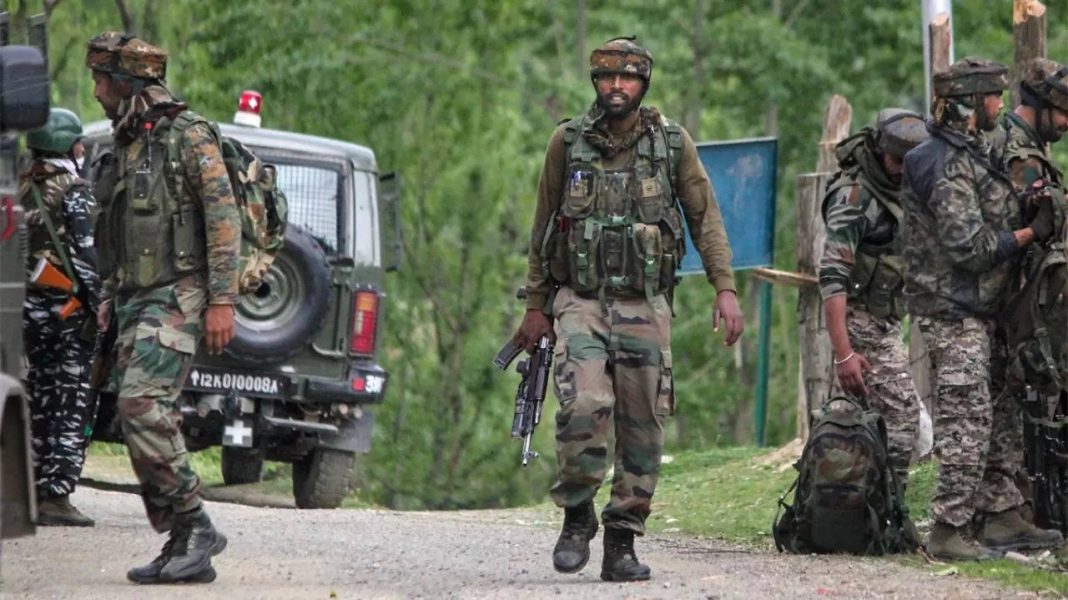In a significant move aimed at enhancing national security, the Indian Army has announced plans to recruit language interpreters and cyber specialists, with a particular focus on Chinese language experts. This decision is a direct response to the recent geopolitical tensions following the Galwan clash in Ladakh, which has underscored the need for improved communication and understanding between Indian and Chinese forces.
The inclusion of Chinese language interpreters in the recruitment drive is intended to facilitate effective dialogue during Border Personnel Meetings (BPM). By bridging communication gaps, the Indian Army seeks to promote peaceful resolutions to issues that may arise at the border, fostering better relations and reducing the potential for conflict.
In conjunction with language recruitment, the Army has also prioritized the need for cyber experts, recognizing the rapidly evolving and multifaceted nature of modern security threats. With cyber threats becoming a dominant concern globally, top officials within the Army have highlighted that the need for specialized professionals in this field is critical. These experts will be responsible for detecting, preventing, and responding to various cyber threats, thus enhancing the Army’s defensive posture in the digital landscape.
Experts affirm that by adopting advanced technologies and fostering specialized skills within its ranks, the Indian Army aims to stay ahead of potential emerging threats, safeguarding India’s national interests in an increasingly complex digital age. This strategic initiative not only reflects an understanding of the current security environment but also demonstrates the Army’s commitment to proactive measures in both communication and cybersecurity.
Global conflicts, particularly the ongoing Russia-Ukraine war and the Israel-Gaza conflict, underscore the vital importance of cybersecurity in contemporary warfare. The Indian Army has taken note of these developments, recognizing how cyber warfare tactics—such as hacking and disinformation—can devastatingly affect a nation’s critical infrastructure and military operations. The lessons learned from these international conflicts highlight the urgent need for specialized cyber capabilities.
By launching this recruitment initiative, the Indian Army acknowledges that cyber defense is no longer an ancillary concern; it is now a central element of modern military strategy. This drive to recruit cyber specialists within the territorial army is a testament to its commitment to fortifying national security against a backdrop of increasing global cyber threats. As the dynamics of warfare evolve, the Indian Army is adapting its approach to ensure it remains resilient in the face of new challenges.





